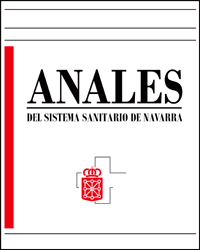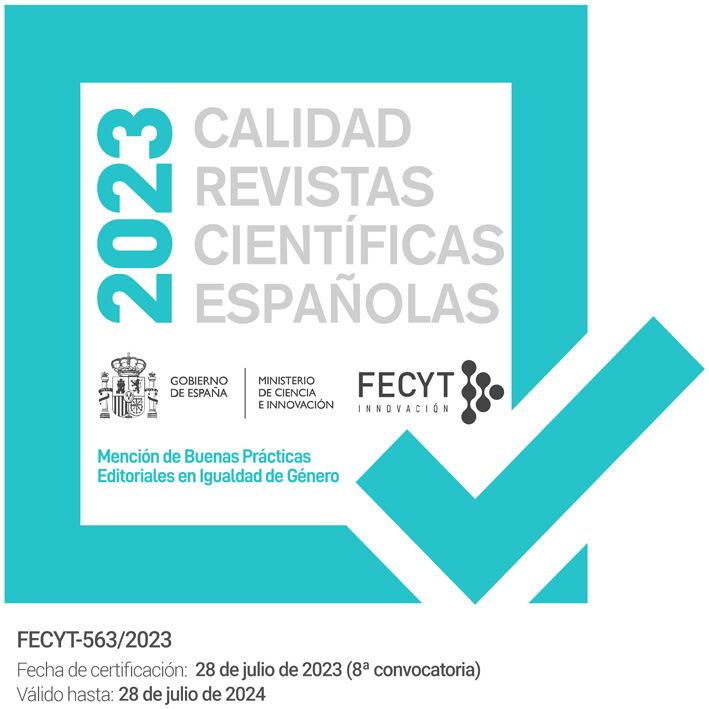Evaluation of the clinical practice of Informed Consent in clinical trials
DOI:
https://doi.org/10.23938/ASSN.0461Keywords:
Ensayos clínicos con medicamentos. Consentimiento Informado. Legibilidad. Declaración de Helsinki. Comité Ético de Investigación Clínica.Abstract
On the basis of existing publications it would seem legitimate to assume that in a clinical test (CT) the difficulties inherent in the process of researcher-participant communication are in practice greater than desired. Similarly, the hypothesis is adopted that difficulties exist in the formal legibility of the documents of Informed Consent. We present the results of a transversal study made of a random sample (n=160) of the CTs approved by the Ethical Committee of Clinical Research (CEIC) of Navarra during the years 1995-1999. The results found were: in 69.7% of the cases the researcher filed the documents corresponding to the CT, the Informed Consent appears signed by the researcher in 56.6% of the CTs, and in more than 83% of the cases the written information shows shortcomings in legibility, which confirms the correctness of the hypothesis and permits the detection of areas where improvements need to be developed.Downloads
Downloads
Published
How to Cite
Issue
Section
License
La revista Anales del Sistema Sanitario de Navarra es publicada por el Departamento de Salud del Gobierno de Navarra (España), quien conserva los derechos patrimoniales (copyright ) sobre el artículo publicado y favorece y permite la difusión del mismo bajo licencia Creative Commons Reconocimiento-CompartirIgual 4.0 Internacional (CC BY-SA 4.0). Esta licencia permite copiar, usar, difundir, transmitir y exponer públicamente el artículo, siempre que siempre que se cite la autoría y la publicación inicial en Anales del Sistema Sanitario de Navarra, y se distinga la existencia de esta licencia de uso.








